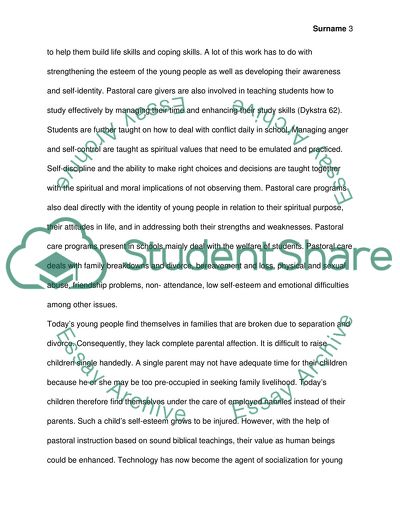Cite this document
(Nature and Importance of Pastoral Care in Schools Literature review, n.d.)
Nature and Importance of Pastoral Care in Schools Literature review. https://studentshare.org/education/1744699-nature-and-importance-of-pastoral-care-in-schools
Nature and Importance of Pastoral Care in Schools Literature review. https://studentshare.org/education/1744699-nature-and-importance-of-pastoral-care-in-schools
(Nature and Importance of Pastoral Care in Schools Literature Review)
Nature and Importance of Pastoral Care in Schools Literature Review. https://studentshare.org/education/1744699-nature-and-importance-of-pastoral-care-in-schools.
Nature and Importance of Pastoral Care in Schools Literature Review. https://studentshare.org/education/1744699-nature-and-importance-of-pastoral-care-in-schools.
“Nature and Importance of Pastoral Care in Schools Literature Review”. https://studentshare.org/education/1744699-nature-and-importance-of-pastoral-care-in-schools.


